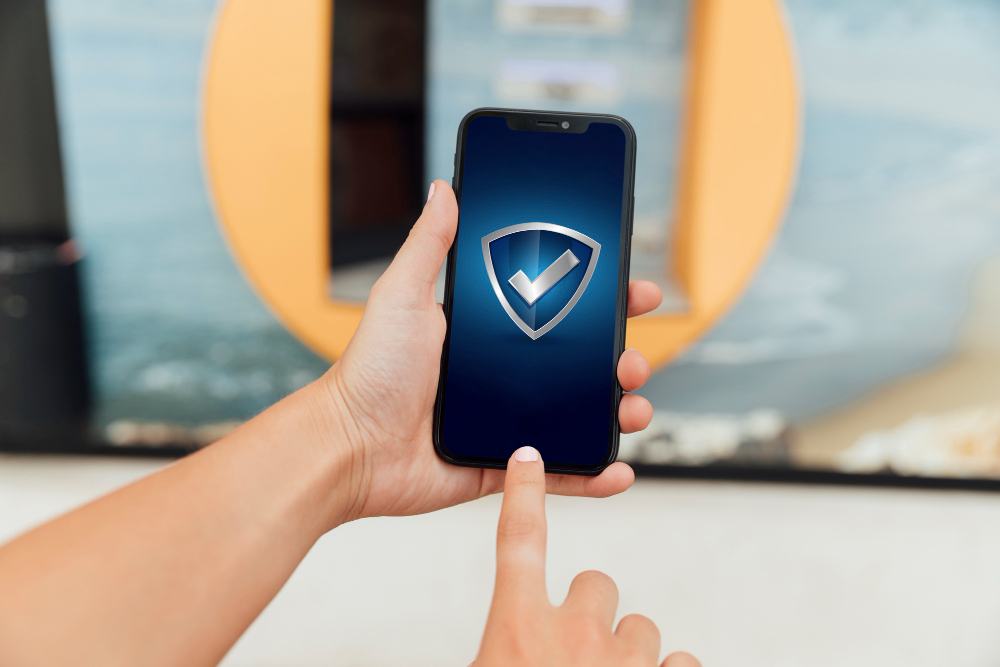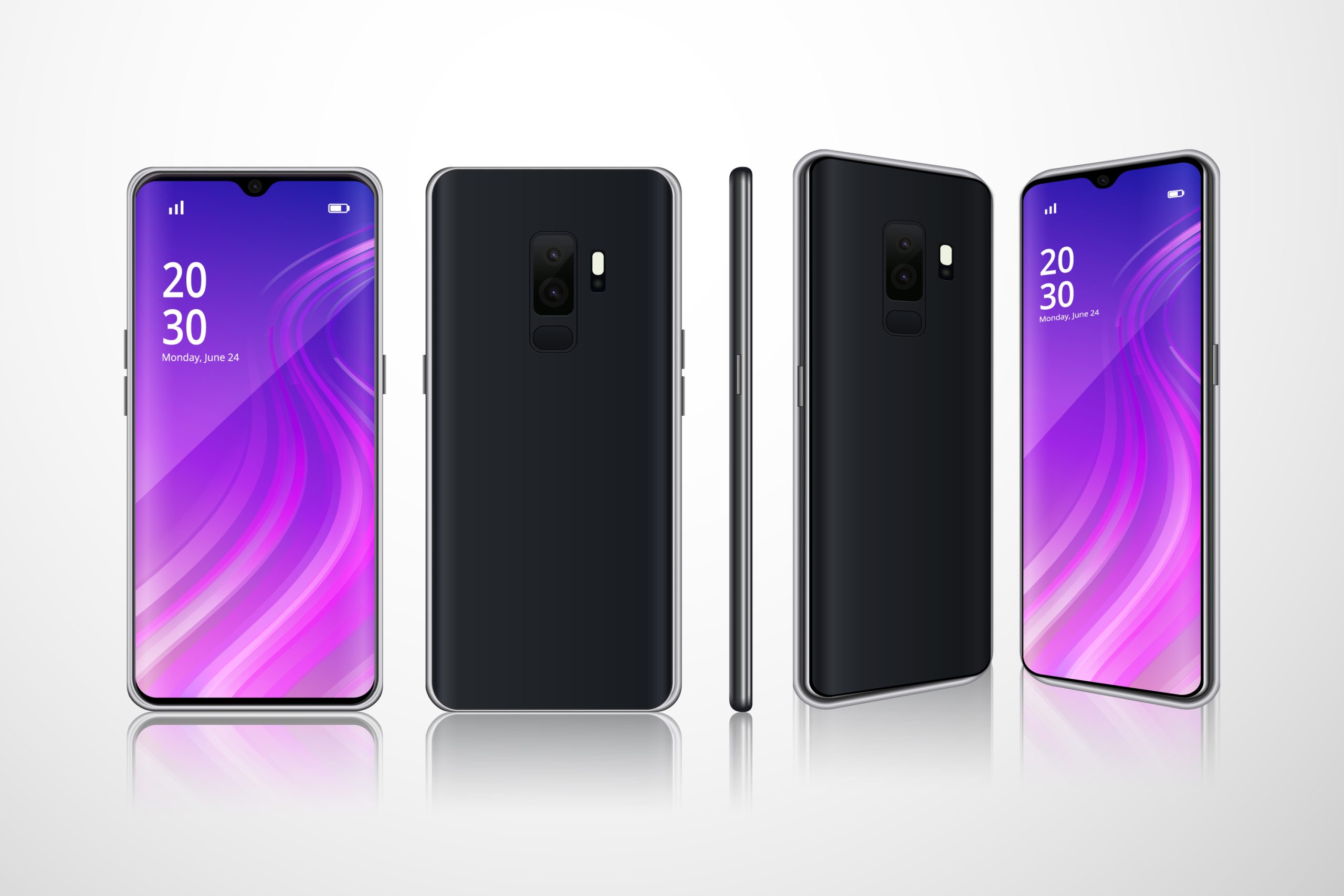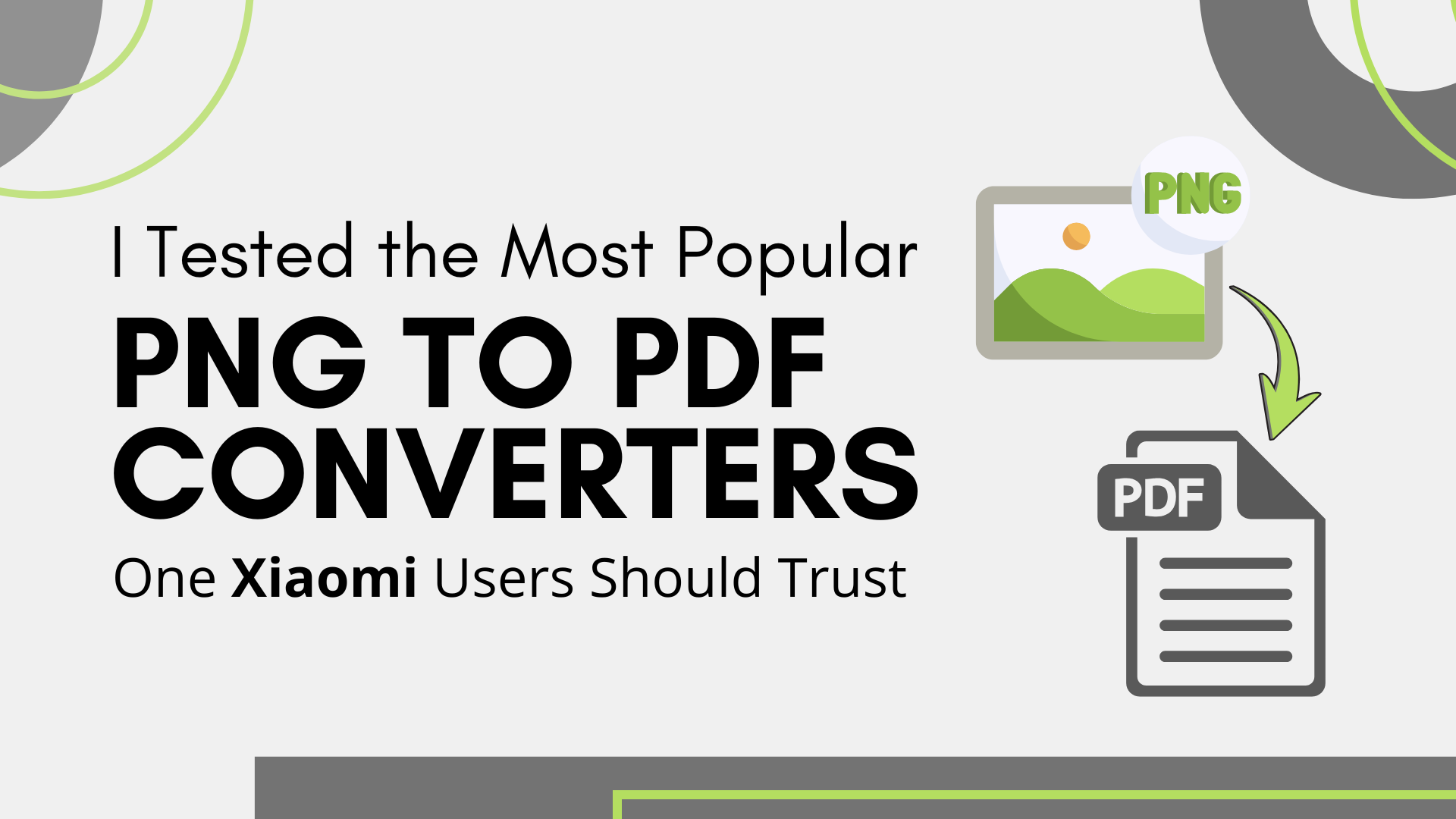Pull out your phone, connect to Wi-Fi at the airport café, and within seconds you’re checking email, scrolling socials, maybe even moving money around. Feels normal, right? The catch is, those open networks are playgrounds for anyone with the slightest interest in snooping. That’s where a VPN comes in. Run it always-on, and you’re wrapping your connection in a layer of encryption that makes your digital life far harder to peek into.
And it’s not just about safety at coffee shops. A VPN adds freedom when you travel, a cleaner experience against ads and trackers, and peace of mind that your data isn’t leaking into the wrong hands. Here’s why it deserves a permanent spot on your phone.
What a VPN Really Does
At its core, a VPN scrambles your internet traffic so outsiders can’t make sense of it. Without it, your phone’s activity – everything from passwords to browsing history – travels across the network in plain sight. With it, that same traffic turns into encrypted code that’s nearly impossible to read.
You’ll notice the difference most on everyday connections. Join the Wi-Fi at a coffee shop, and anyone trying to peek in sees nothing useful. Advertisers lose their easy tracking shortcut, and those apps that love to log your every move suddenly hit a wall. Some VPNs go a step further by blocking trackers altogether, which speeds up websites and cuts down on those uncanny ads that seem to know what you were searching five minutes ago.
Public Wi-Fi Without a VPN? Asking for Trouble
Airport lounges, hotel lobbies, train stations – free Wi-Fi is everywhere. But it’s often wide open, accessible for anyone. Using it without any kind of protection is like leaving your wallet on a seat in the subway. You can hope nobody notices but it’s likely you’ll end up with it stolen.
Attackers can set up fake hotspots, intercept traffic, or quietly watch the network until someone careless slips up. A VPN cuts them off before they get the chance.
An always-on VPN flips the script: even if you’re on a dodgy network, your traffic is encrypted from the first packet. You get the convenience of free Wi-Fi without the paranoia that comes with it.
Travel Makes a VPN Essential
Once you leave home turf, the internet changes. Services you use every day might suddenly block you because of your location. Streaming libraries look different. Some financial apps lock down. A VPN solves most of that by letting you connect through your home country, so you can keep using the services you rely on.
It also works the other way around. If you’re abroad and want to check in on a legal casino in UAE, or your local banking app, a VPN can smooth over those regional blocks. It’s not a license to break rules – always respect local laws – but it does give you continuity when your routine depends on digital access.
Privacy Beyond Borders
Every few weeks there’s another headline about a breach, and it’s a good reminder of how much our phones actually hold – messages, logins, private photos, even health info. A VPN doesn’t make you disappear completely – it does make life harder for anyone trying to snoop, though.
When a VPN hides your IP, it breaks the shortcut people use to connect your browsing to your real-world location. Sure, someone might still see scraps of activity, but it won’t add up to a clear picture of you. And with stories of hacks and leaks popping up all the time, having that quiet layer of encryption running in the background is just common sense – like locking your door without even thinking about it.
A Cleaner, Quieter Experience
Here’s something most people don’t realize: a good VPN can actually make the internet less annoying. Some block the trackers that follow you around, and with them go a bunch of the ads that slow things down. The difference is subtle but real – fewer interruptions while you’re streaming, fewer “how did they know I was shopping for that?” moments, and less of your data plan wasted on stuff you didn’t ask for. It’s not a perfect ad-blocker, but it makes everyday browsing feel lighter.
There Are Trade-Offs But They’re Worth It
Of course, nothing’s free. Running a VPN can use a little more battery, and sometimes your connection takes a small hit because your traffic is bouncing through another server. But with the newer VPN protocols, most of that slowdown is barely noticeable. Honestly, the bigger risk isn’t speed – it’s picking a shady provider. Free VPNs often come with strings attached. Some will even sell your data, show you ads, or keep logs they shouldn’t. If you care about privacy, paying for a service that’s been independently audited is worth it.
Should You Keep It Always On?
The short answer: yes. If you hop on public Wi-Fi, shop from your phone, or travel even occasionally, keeping a VPN on all the time just makes sense. It turns protection into something automatic. You don’t have to remember to flip it on before logging into your bank or checking email – it’s already running.
And once you get used to that safety net in the background, turning it off feels reckless, like leaving your front door unlocked overnight.




